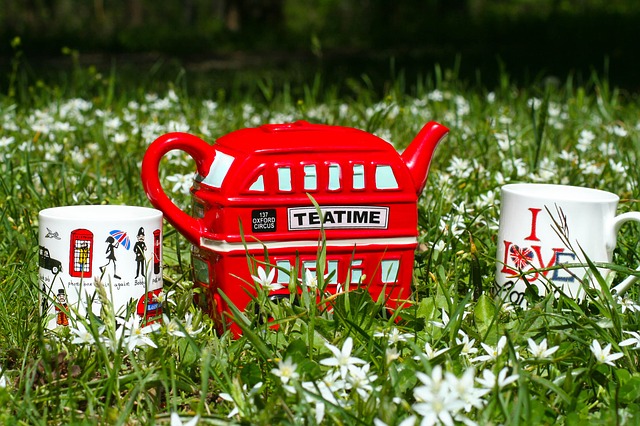13 Kalimat 165 B.E. (Baha’i Calendar)
Soundtrack in my head: The Flaming Lips, “Buggin’”

Something had to be done about the house tea kettle.
A couple of weeks ago, one of my housemates put up a note on the dining room whiteboard telling people that they needed to make sure to empty out the tea kettle when they were done with it, and not leave any standing water inside it. She said that it would cause the build-up of mineral deposits, and make the water in it taste gross.
A few days later, I noticed that the first item on the house meeting agenda was to “come to some unified agreement about the tea kettle.” I was surprised that there might be anything controversial about the tea kettle. The person who made the proposal felt that for the sake of water conservation, it would be better to leave the water in the tea kettle after use for the next person, since re-boiling the water would kill anything that might be trying to grow in there. A couple of other people agreed.
I came down on the side of the “dump the water” coalition. I described the filmy substance I felt at the bottom of the kettle while washing it out one morning.
Another person acknowledged my concerns, but pointed out that it made little sense to dump the water if there were other people in the kitchen likely to use the kettle as well—especially during breakfast.
So we now realized as a house that there were situations in which keeping the water in the kettle was the appropriate thing to do, and other times when it was appropriate to dump the water. One person suggested that the last person in the kitchen dump any remaining water out of the kettle. People also were encouraged not to heat up more water than they needed, thus addressing the concerns about water conservation. Finally, we agreed that the task of washing out the kettle would be assigned to the person responsible for the nightly cleanup of the kitchen. We all decided that this was the best proposal of all, and we realized we’d come to a consensus.
Perhaps this was not what the Quakers had in mind when they developed their own unique brand of consensus decision-making. This was not a typical decision item of the co-op. It was not as heavy of a decision as the house budget, or deciding whether to accept a new person for membership in the house. Indeed, we kind of chuckled through the discussion.
But we were coordinating twelve different and unique approaches to living, and as such, it takes a little more work to get people on the same page. The whole notion of co-op living is to be able to come together, and this process does indeed breed community.

This is such a great peek into what living in a co-op must be like. I could SO never do it. My first thought when reading this was, "I’d buy my own damn kettle and keep it in my room!" Then I realized I’d probably say that about *everything*. I’d give myself about two months to completely defeat the purpose. ::grin:: Thanks so much for blogging about all this; I learn so much from your blog!